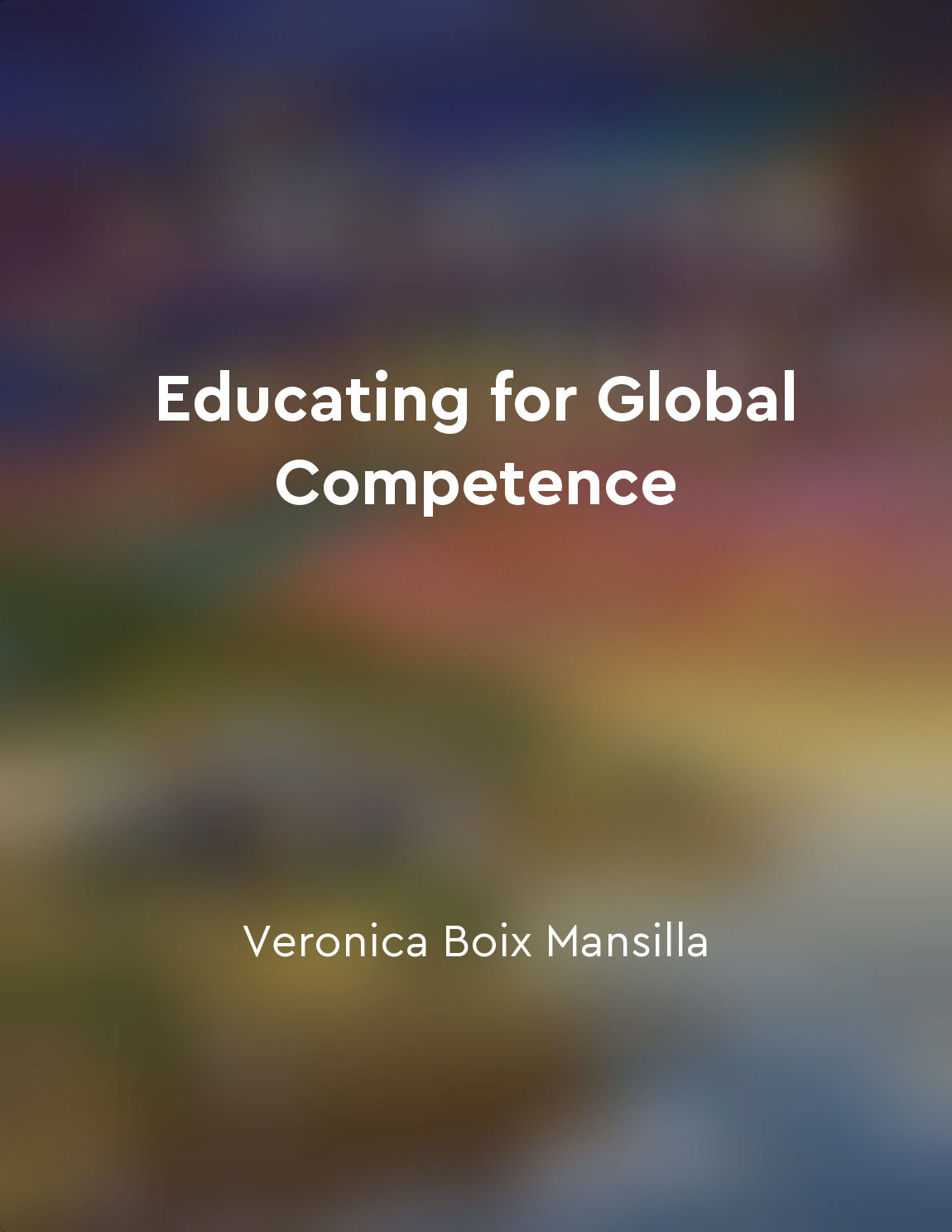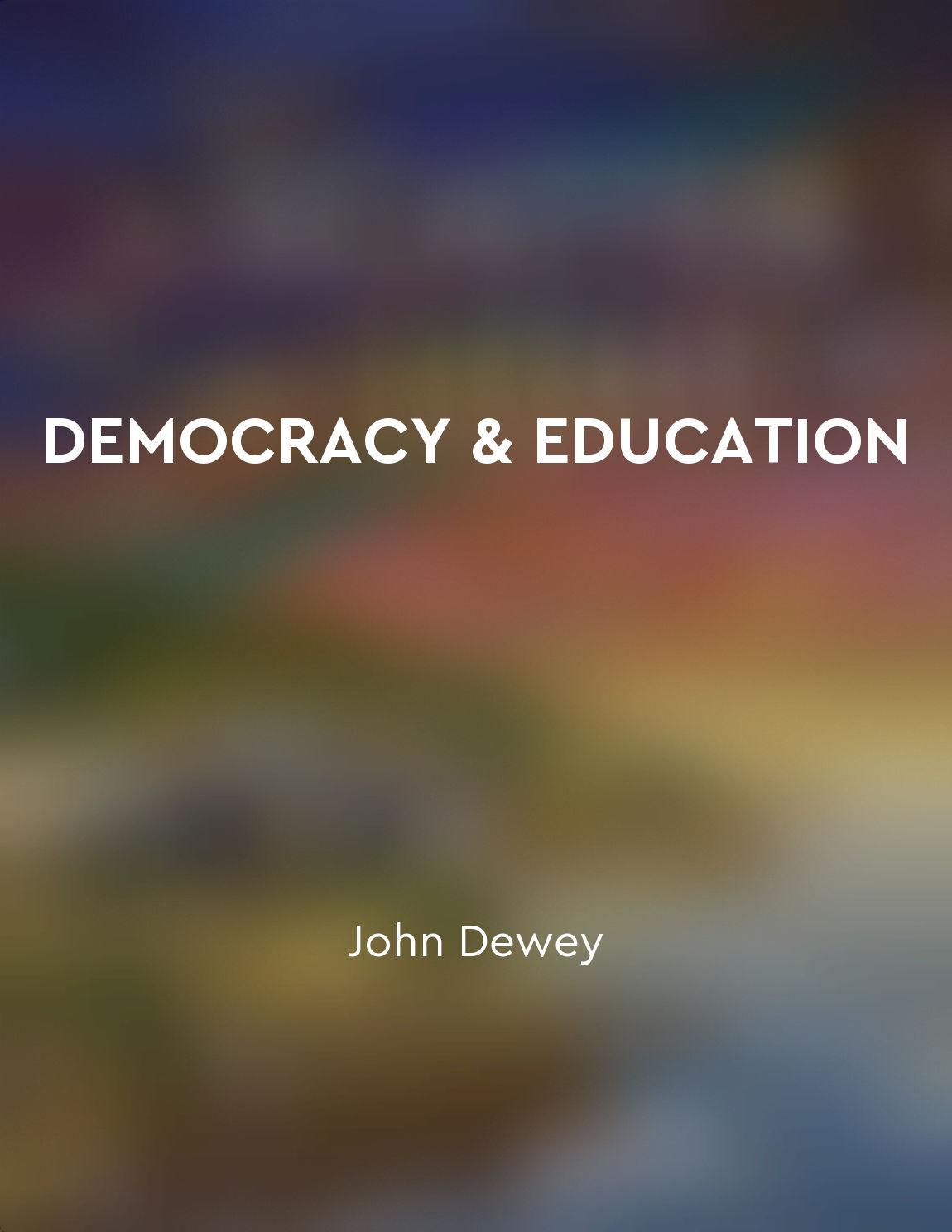Recognizing cultural context in learning from "summary" of The Student Guide to Freire's 'Pedagogy of the Oppressed' by Antonia Darder
Understanding the cultural context in which learning takes place is crucial for effective education. Cultural context refers to the norms, values, beliefs, practices, and traditions of a particular group of people. In the context of learning, it is important to recognize that students come from diverse cultural backgrounds, each with its own unique ways of knowing and being. By acknowledging and valuing the cultural context of students, educators can create a more inclusive and meaningful learning experience for all. Cultural context shapes the way individuals perceive the world around them, as well as how they make sense of new information. When educators fail to consider cultural context in their ...Similar Posts
Comprehensive literacy instruction necessitates content inclusion
To achieve comprehensive literacy instruction, it is imperative to incorporate a wide range of content in the curriculum. This ...

Educators play a crucial role in fostering students' global awareness
Educators are the primary drivers of global awareness in students. They serve as guides, mentors, and facilitators in cultivati...
Encourage students to revise and edit their work
Revision and editing are essential components of the writing process. When students are encouraged to revise and edit their wor...

Education should foster creativity
In order to truly fulfill its purpose, education must go beyond mere transmission of information and rote memorization. Educati...
Curriculum choices reflect societal values and beliefs
The curriculum choices made within educational systems are not neutral or objective decisions. Instead, they are deeply influen...
Promote inclusive teaching practices
Promoting inclusive teaching practices involves creating learning environments where all students feel valued, respected, and s...
Celebrate cultural traditions
Cultural traditions are the lifeblood of every society. They are the threads that connect individuals to their past, present, a...
Foster cultural competence
To effectively educate students from diverse cultural backgrounds, educators must foster cultural competence. This involves dev...
Cultivating a culture of inclusivity is essential for creating equitable learning environments
To create equitable learning environments, it is imperative to foster a culture of inclusivity. This means ensuring that all st...

Global competence involves adapting to new and unfamiliar situations
Global competence is about being able to navigate through various contexts and challenges, regardless of how unfamiliar they ma...
